
Microsoft Unveils Phi-3: A Leaner, Faster AI Model
New Phi-3 Mini Outperforms Larger Rivals, Optimized for Mobile and Low-Power Devices
NEWS AI April 23, 2024 Reading time: 2 Minute(s)
Microsoft has recently launched the next generation of its lightweight artificial intelligence (AI) model, the Phi-3 family, including three variations: Phi-3 Mini, Phi-3 Small, and Phi-3 Medium. With its new curriculum learning approach, the company aims to maintain competitive performance while keeping the parameter count low, making these models suitable for a range of applications, from research to deployment on low-power devices like smartphones.
Addressing Competition with Leaner AI Models
The introduction of Phi-3 comes at a critical time for Microsoft. Following the release of the Phi-2 model in December 2023, the company faced competition from Meta's Llama-3 family and other large-scale language models. The new Phi-3 series uses modern techniques to optimize performance while retaining a smaller size.
The smallest model, Phi-3 Mini, contains just 3.8 billion parameters but outperforms Meta's 8-billion-parameter Llama and OpenAI's 3.5-billion-parameter GPT-3 in Microsoft's benchmarks. Phi-3 Mini achieves remarkable results, scoring 69% on the MMLU test and 8.38 on the MT-bench. This is particularly impressive given that it is small enough to run on mobile devices.
Enhanced Performance with Lower Resource Requirements
Phi-3 Mini's reduced parameter count translates to lower resource requirements, enabling it to operate on devices with limited computational power. Despite its smaller size, it performs exceptionally well, rivaling larger models in several benchmarks. This makes it an attractive option for AI-driven applications in environments where resources are limited.
Moreover, Microsoft has released two additional models in the Phi-3 series: Phi-3 Small, with 7 billion parameters, and Phi-3 Medium, with 14 billion parameters. Both models build upon the success of Phi-3 Mini, achieving even higher benchmark scores. Phi-3 Small scores 75% on the MMLU test and 8.7 on the MT-bench, while Phi-3 Medium tops the group with 78% on MMLU and 8.9 on MT-bench.
Optimized for Low-Power Devices and Mobile Applications
Microsoft's focus on compact models opens new possibilities for AI on mobile and low-power devices. Eric Boyd, Microsoft's Vice President, noted in an interview with The Verge that the Phi-3 Mini is designed to handle advanced natural language processing tasks directly on a smartphone. This capability allows for innovative applications that bring AI assistance wherever needed.
While the Phi-3 Mini excels in performance for its size, it cannot match the breadth of knowledge found in larger models trained on extensive internet datasets. However, Boyd suggests that smaller, high-quality models can be more efficient in real-world applications, as their internal datasets are often more refined and specialized.
IMAGES CREDITS: MICROSOFT
AI Models Language Models Microsoft Phi-3 AI Technology Mobile AI Low-Power AI NLP Innovation AI Benchmarks Technology News RSMax
*Our pages may contain affiliate links. If you buy something via one of our affiliate links, Review Space may earn a commission. Thanks for your support!
CATEGORIES




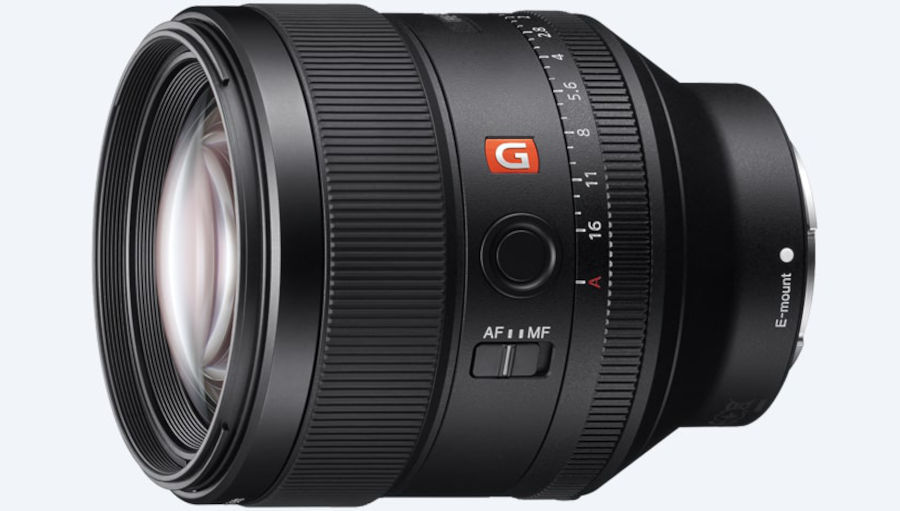
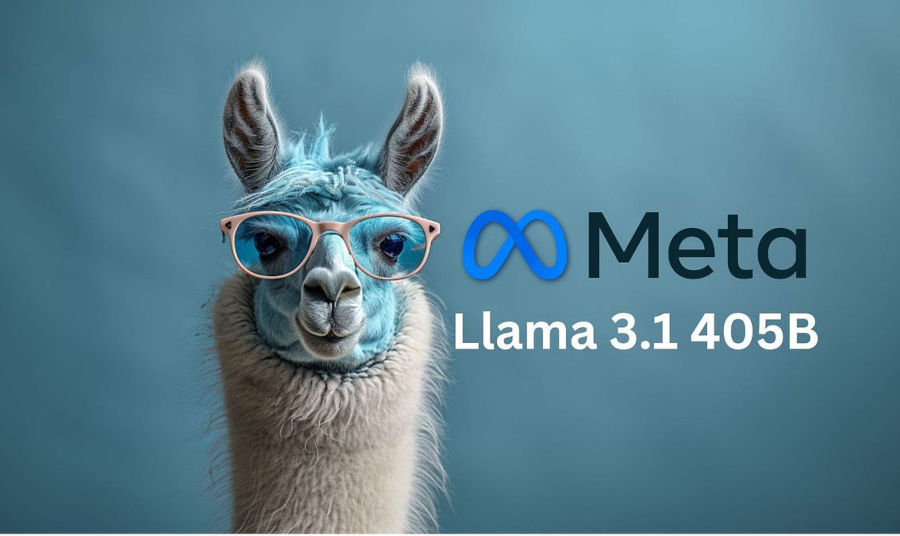
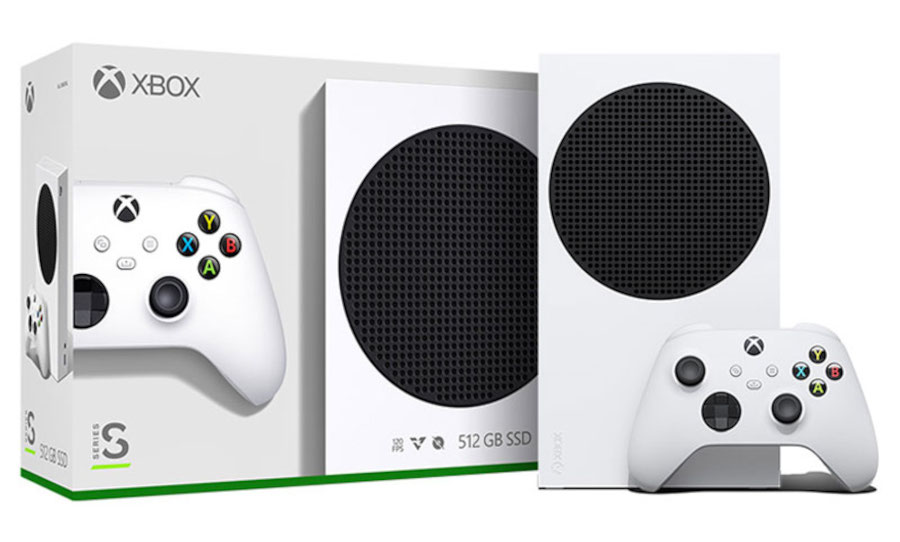


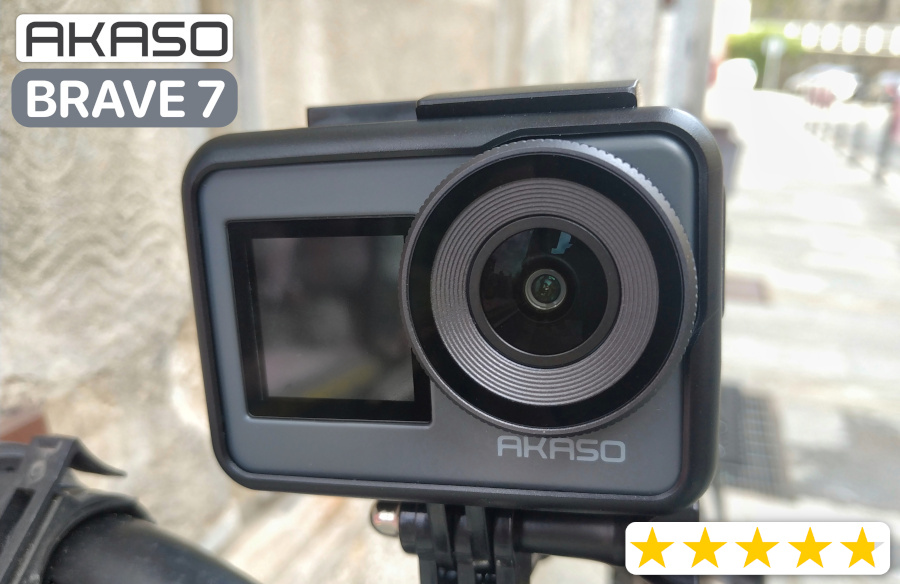

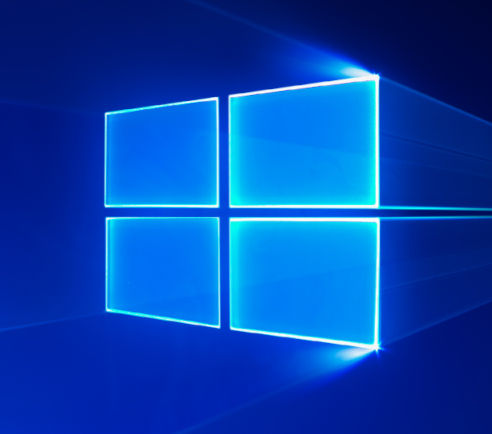


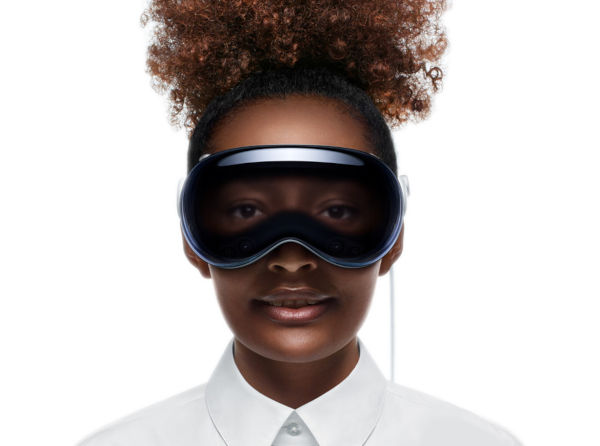




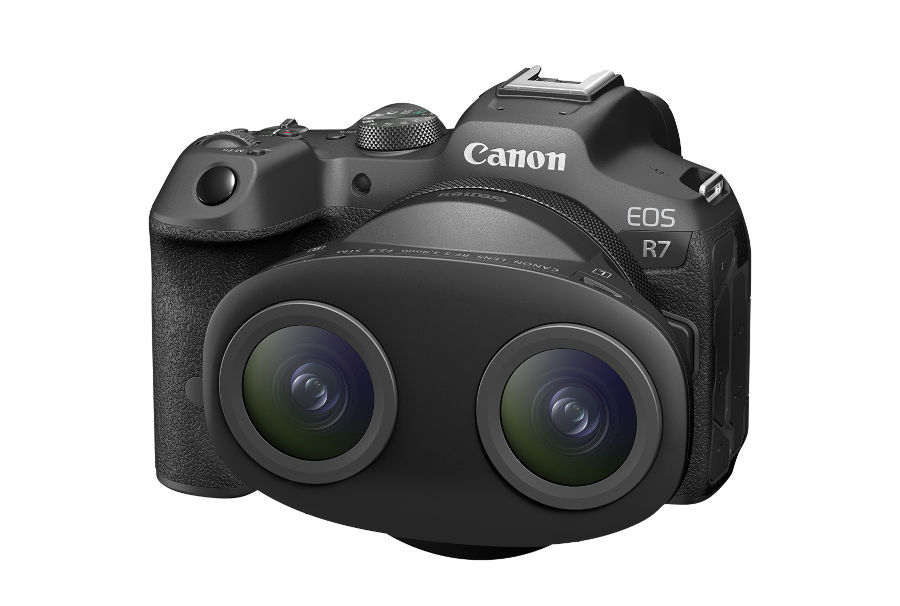
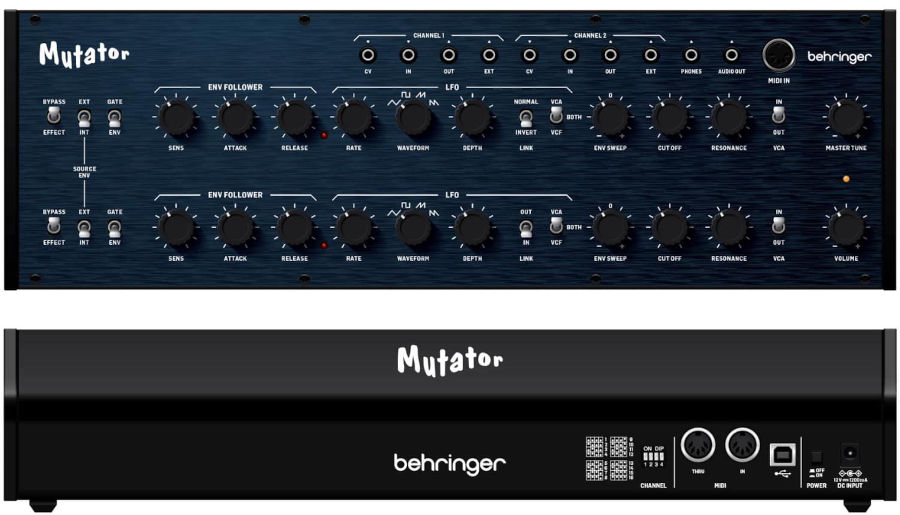
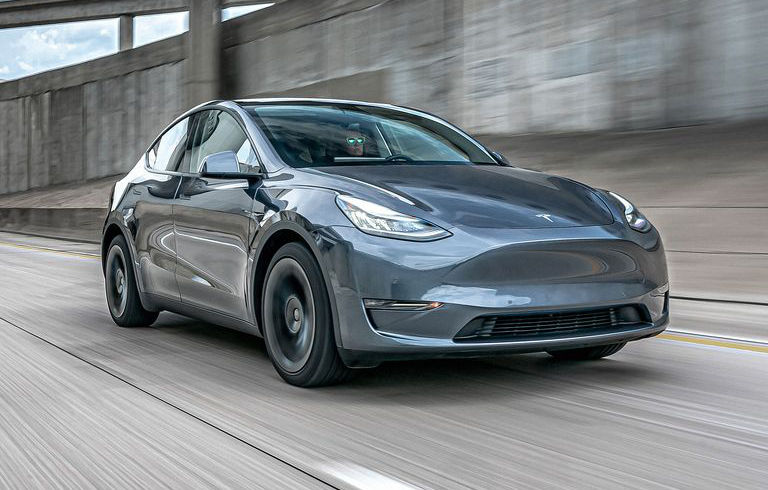

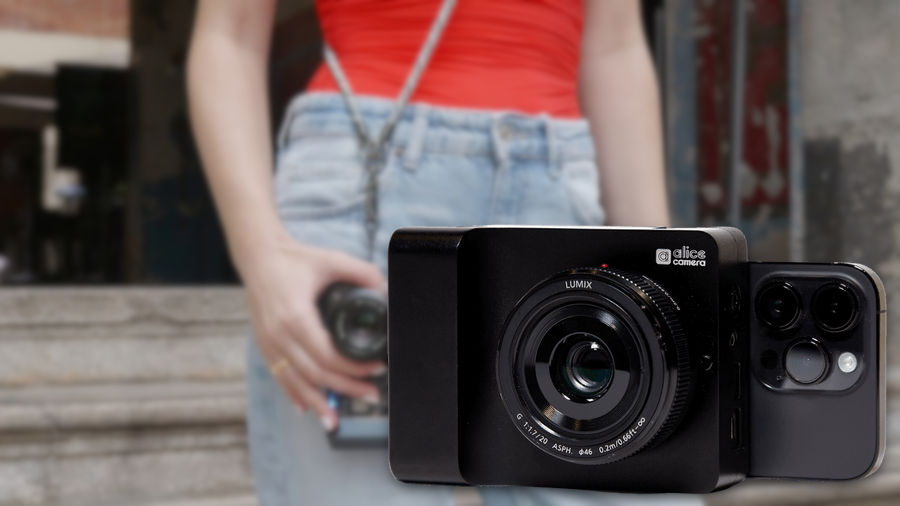

COMMENTS